Did you know that meat is harmful for your health? That’s right. It has been proved that meat causes diseases on us humans like kidney problems, heart diseases, and even some types of cancer [1]. The processed meat represents the biggest risk to your health, since it increases the chances of contracting one of these diseases. America’s most common killer diseases, like heart attacks, strokes and diabetes are mainly caused by cholesterol and saturated fat, that are driven from the consumption of meat, dairy products, and eggs.
Now talking about its impact on the environment. Meat has a serious effect on the planet we live in, and its production is considered to be one of the major reasons of climate change. How so?
Deforestation
The production of these animals grew a lot throughout the years. To be able to grow the animals, farmers need a lot of space. Trees have been sacrificed so that these animals can graze. For instants, in the Amazon, over 90% of its rainforest (land cleared since 1970) is used for grazing livestock.[2]
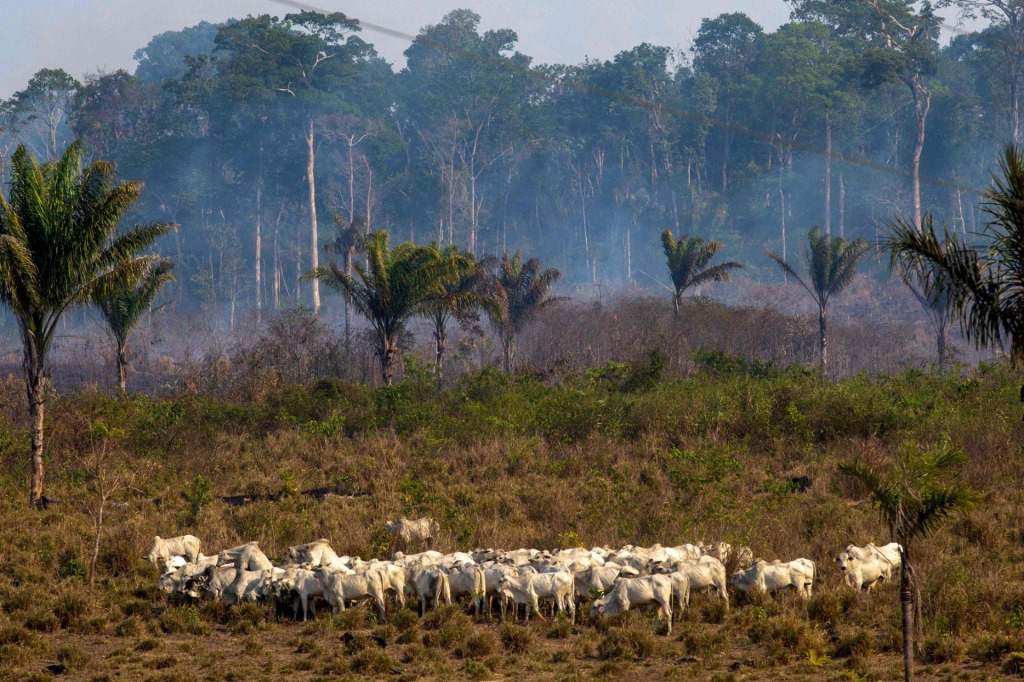
Animal cruelty
The major reason of animal abuse and suffering is factory farming, since these animals were turned into machines to produce meat, eggs, and milk. Industrial livestock sends eight times the human population on planet Earth worth of animals to slaughter [3], taking away their rights of living just so that humans can enjoy them on their daily meals.
These animals are stuffed in small cages, unable to move around, and some don’t even get the opportunity to see the sun light throughout their short life, except on their trip to the place where they will be slaughtered, all cramped in vehicles without food or water.
Water consumption
To produce a single pound of beef it takes more than 1,850 gallons of water, the equivalent to taking about 115 showers. It is required 1,250 gallons of water to produce a pound of lamb, 720 gallons referring to pork, and 520 gallons with chicken.
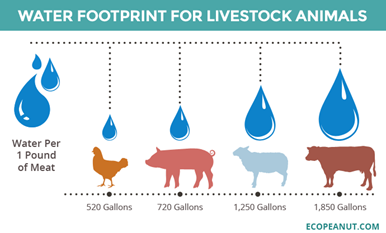
(FYE: these numbers do not take in consideration the water used to grow the crops for the animals’ alimentation)
Moreover, most of these animals’ feces are dumped in lakes or rivers, polluting them and killing sea life.
Release of CO2
The production of meat creates a significant amount of greenhouse gases too, especially CO2 which directly affects our planet. When one single kilogram of lamb is produced, almost 40 kilograms of the equivalent to this gas are released [4], 27 kilograms referring to beef, and 12.1 kilograms when it comes to pork.
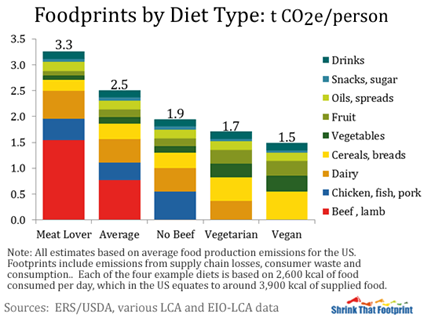
It has been proved that animal agriculture is responsible for more greenhouse gases than all the world’s transportation systems combined. What is the solution? It starts with you changing some food habits.
Educate yourself. There are several documentaries you can see that explain the impact of buying and eating meat. We recommend the following: Cowspiracy, Meet the truth, Dominion.
Eat the right proportions (people tend to eat more than what’s necessary).
Opt for meat with less impact on the environment (like chicken) and make sure it’s raised responsibly.
Try to reduce the consumption of meat on your diet and replace it with something else like plant-based food. It is true that meat has a lot of nutrients but you don’t need to consume meat to ingest those nutrients. You can find them in a lot of other foods. Great substitutes for meat are tofu, tempeh, and seitan [5]. You can also replace meat with mushrooms, beans, and lentils, that have a lot of great components for your health.
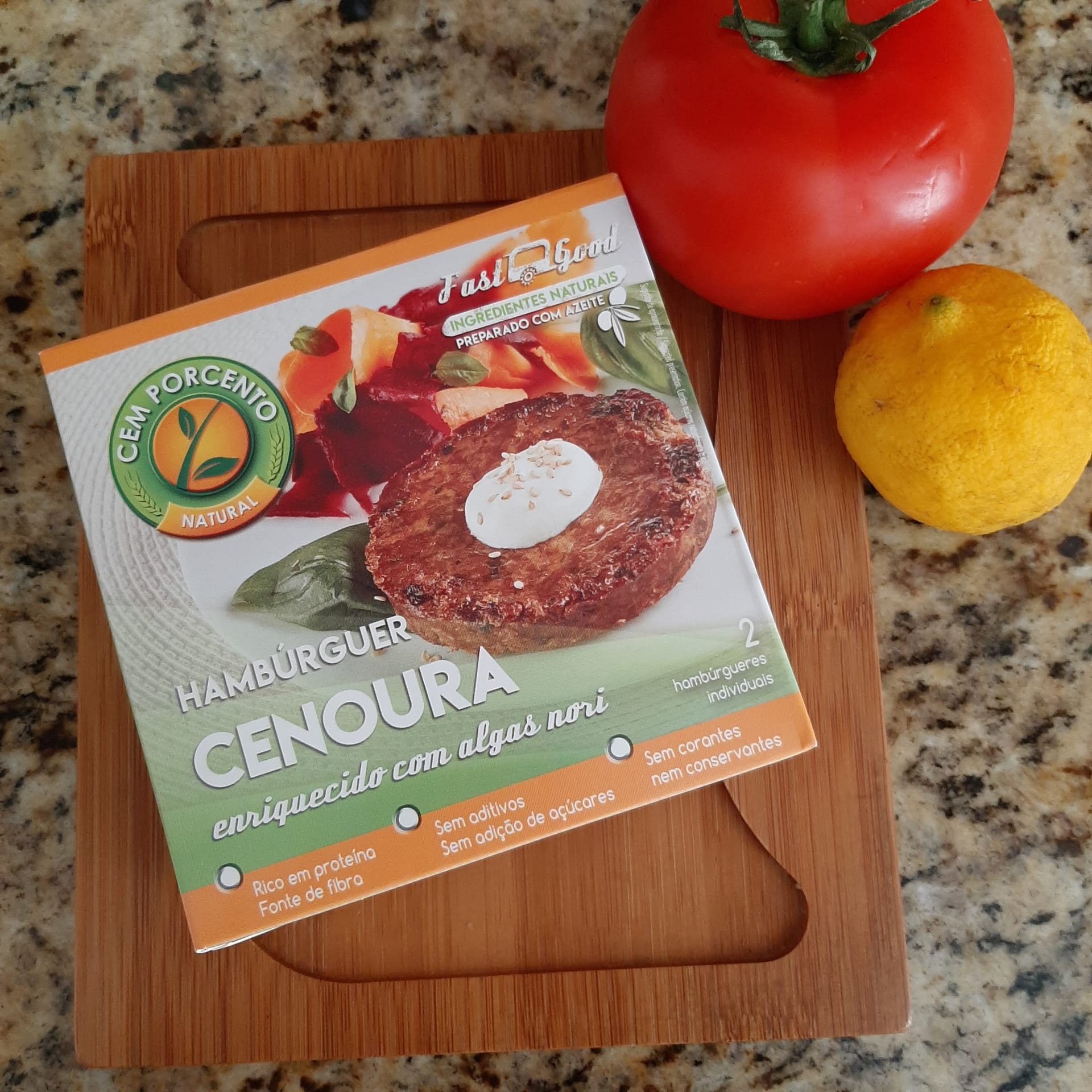
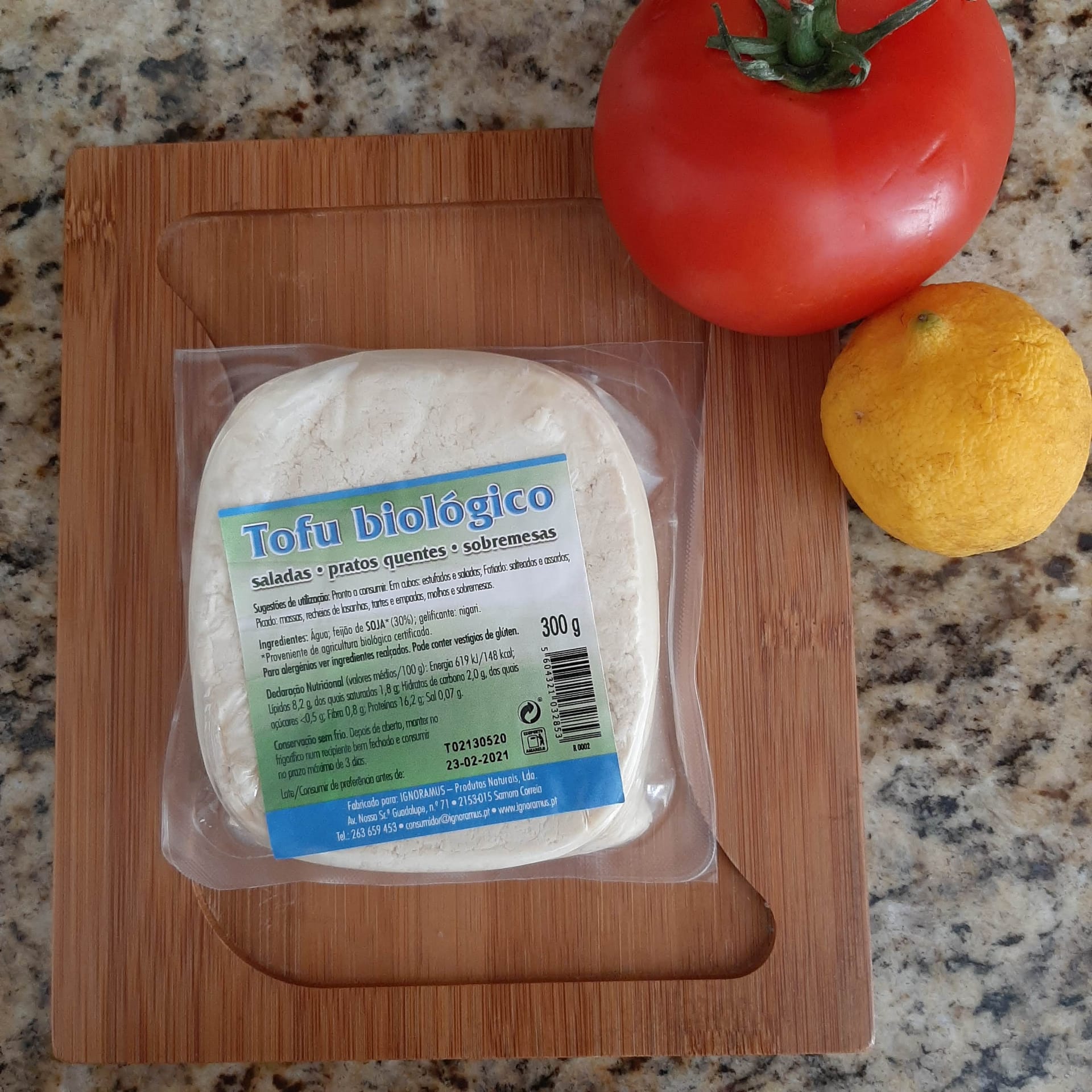
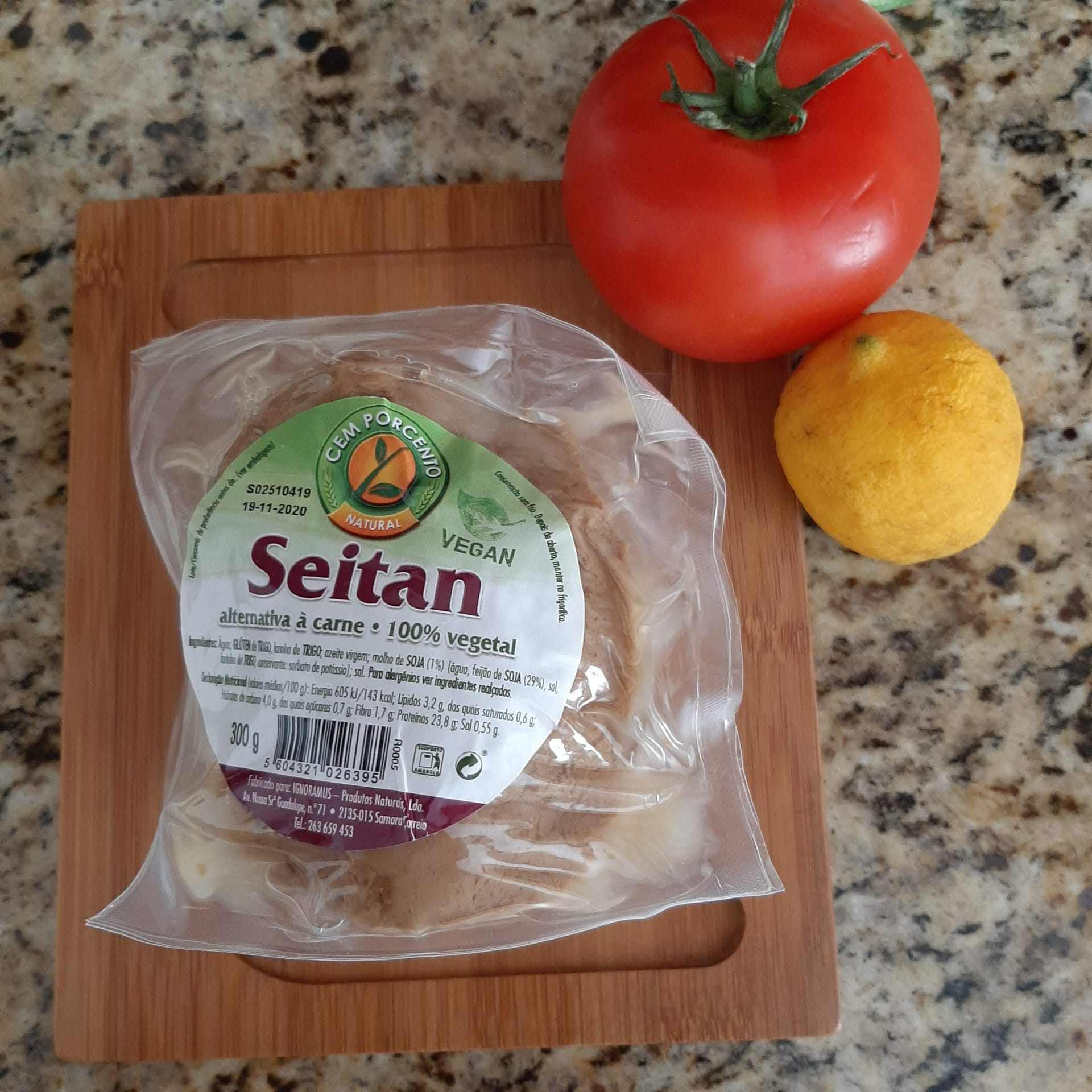
Check our e-book to inspiration. Let’s reduce our meat consumption and help our environment!
References:
[1] Krantz R. (2016, February 15). 8 Reasons Meat Is Bad For You. Retrieved from: https://www.bustle.com/articles/137865-8-reasons-meat-is-bad-for-you-yes-even-chicken on August 16, 2020.
[2] PETA. Meat and the Environment. Retrieved from: https://www.peta.org/issues/animals-used-for-food/meat-environment/ on August 16, 2020.
[3] animalEquality (2016, February 2). WHY FACTORY FARMING IS THE LARGEST CAUSE OF ANIMAL ABUSE IN HISTORY. Retrieved from: https://animalequality.org/news/why-factory-farming-is-the-largest-cause-of-animal-abuse-in-history/ on August 16, 2020.
[4] Green Eatz. Food’s Carbon Footprint. Retrieved from: https://www.greeneatz.com/foods-carbon-footprint.html on September 12, 2020.
[5] Donovan M. 9 Vegetarian & Vegan Protein Substitutes. Retrieved from: http://www.eatingwell.com/article/289565/9-vegetarian-vegan-protein-substitutes/ on August 16, 2020.
